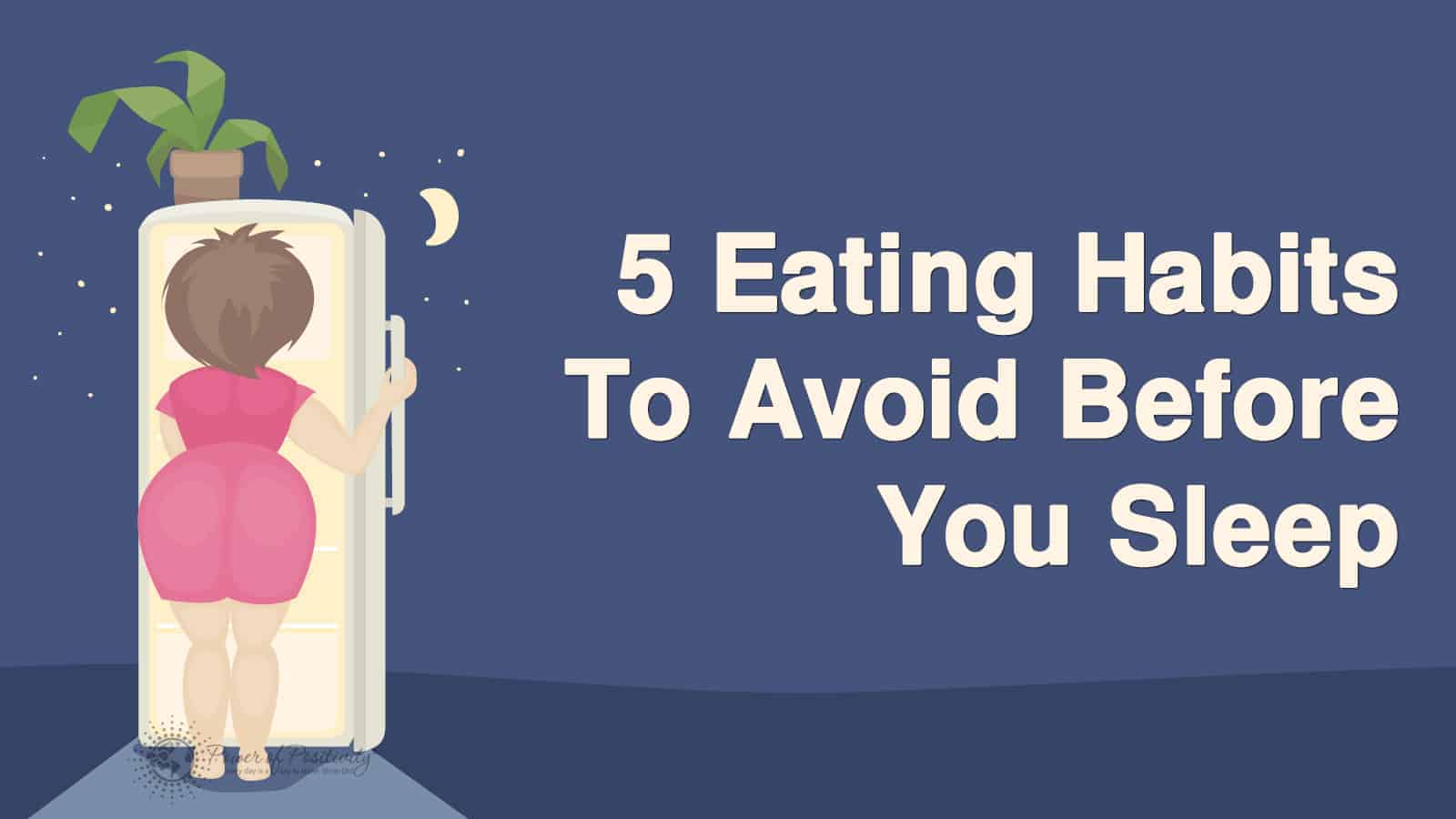Self care simply means “to look after yourself in a healthy way.” This includes looking after yourself physically, mentally and emotionally – from the big (ex: getting exercise) to the small (ex: taking a vitamin).
Self care also means that you continue doing the things important to you – seeing friends and family, taking a vacation, doing work that matters, etc. Continuing to participate in areas of life that you deem important is another big aspect in self-care. When these things are neglected, it can cause problems – from mental (depression) to physical (blood pressure, sickness, etc.) Those who neglect self-care usually do so because they’re stressed, burnt out, overworked, have no time, or otherwise live crazy and hectic lives.
Obviously, this is very bad for our overall health. But there is hope…as long as you’re willing to make self-care a priority.
If you’re one of those individuals who is thinking “I don’t have time…” This is precisely why you need to make self-care a priority. If you attend to yourself and exert some effort, you’ll find that you have more energy, less stress, and have a more positive disposition.
But first, you need to know if you’re failing to taking care of numero uno.
Here are 5 signs it’s time for more self-care…
1. You’re sleep deprived
No surprise here. Getting an adequate amount of sleep is very important. Not getting enough sleep can carry a hefty price tag (literally), along with impacting your personal and work performance, and overall health.
While there are various “reasons” for not getting enough sleep, the two most common reasons are stress and time (or lack thereof). However, there are also legitimate medical reasons why sleep deprivation occurs – sleep disorders, mental health conditions, and some medications.
Medical reasons aside, you need to get enough sleep to adequately care for yourself. Here are the consequences of not getting enough sleep:
– Decreased cognitive (thinking) ability
– Decreased alertness
– Poor performance
-Stressful relationships
– Injury
If sleep deprivation continues to occur, this can result in:
– Poor quality of life
– Mental impairment
– Obesity
– Stroke
– High blood pressure
– Heart attack/heart failure
Healthcare professionals recommend that adults receive a minimum 7 hours (preferably eight hours). Younger people need more sleep (nine hours); especially babies and toddlers (10-11 hours).
2. You don’t exercise
First off, you can make time for exercise. Second, you’ll notice a significant improvement to your mind and body by doing so.
Exercise is among the “big three” areas for great self-care (along with eating right and getting adequate sleep). The overall health benefits of exercise are unmatched. Along with a healthy weight, exercise can:
– Improve cardiovascular function
– Increase flexibility
– Increase strength
– Combat health problems and disease
– Boost energy (!)
– Promote better sleep
– Improve sex life
– Improve mood
You don’t need the exercise regimen of a marathon runner or triathlete to realize these incredible benefits, either. Research has consistently shown that 20 to 30 minutes a day, six days a week is sufficient. Basic activities such as walking during lunch, climbing some stairs, tossing a ball, dancing, or gardening can be counted towards this recommended time. A brisk walk, jog, or bike ride are other great ways to fit this into your schedule.
3. You have poor eating habits
Accommodating a hectic schedule with a quick stop at a fast-food joint is commonplace in our society – but it’s certainly not healthy. In fact, it’s downright terrible for your health and undermines your other self-care efforts.
Proper nutrition is so important because it affects many different areas – body function, brain chemistry, weight, and even sleep. Nutrition consists of anything and everything that you put into your body – beverages, supplements, medicine, food, and alcohol.
Having an inadequate diet essentially undermines the function of our bodies. This has a negative domino effect on everything that we do throughout the day that requires an alert and active mind and body.
The American Heart Association recommends that nutrient-poor foods be eliminated or limited in their intake. This includes high-calorie or high-sugar foods and beverages. Also, make a conscious choice to limit the amount of saturated fat, trans fat, and sodium that you eat.
4. You have no alone time
Yes, we know that you have work, family, and other responsibilities. However, you should not neglect fitting some “me time” into your busy schedule – it’s an important element of self-care.
Why is alone time important to your self-care? For various reasons, but much of it comes down to replenishment and rest of your body and mind. When we are “always on” your brain and body does not have a chance to recharge, which can negatively affect your focus, clarity, concentration and productivity.
Spending time with yourself also allows you to more effectively work through any problems that you’re experiencing. It’s very difficult to think of solutions to problems when you’re constantly distracted and on-edge. You brain works best when it’s relaxed and rejuvenated. Solitude provides this much-needed relaxation and rejuvenation.
Not only does occasional solitude improve your body and mind, it also improves your relationships. Spending time with yourself allows you to work through problems, gain a better understanding of yourself, and make better choices. As a result, you come to appreciate your relationships a bit more after spending some time alone.
5. You don’t listen to your body.
Listening to your body is important, and appropriate self-care involves taking preventative measures to ensure a healthy lifestyle. Make sure that you are in tune with your body as you exercise, add nutrition into your diet, create a healthy sleep schedule, and take time for your self.
If you add positive lifestyle habits into your daily routine, but still feel something amiss, you may need to check in with your health professional or naturopath to perform tests that can help you find problem areas before they become a significant health risk. This can involve a physical examination, a healing cleanse, or some other mode of healing.
Your Turn to Talk About Self Care
Join the discussion: Have you noticed any of these self-care practices missing in your own life? Which one of these could you begin doing? Weigh in on this topic in the comments below.

















 Community
Community

